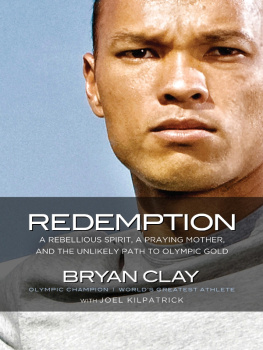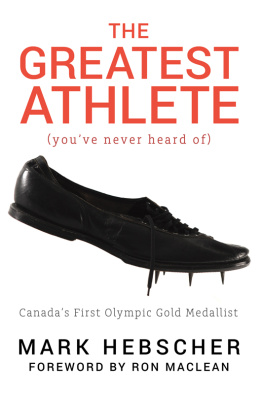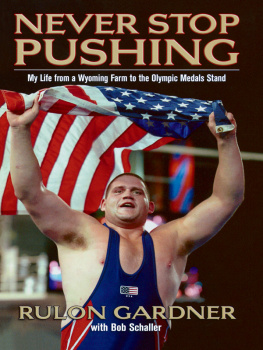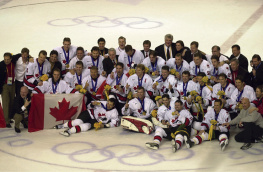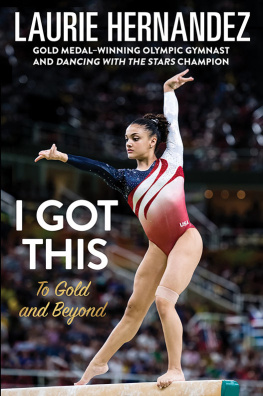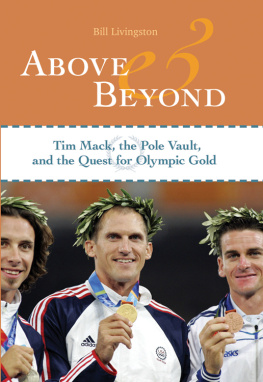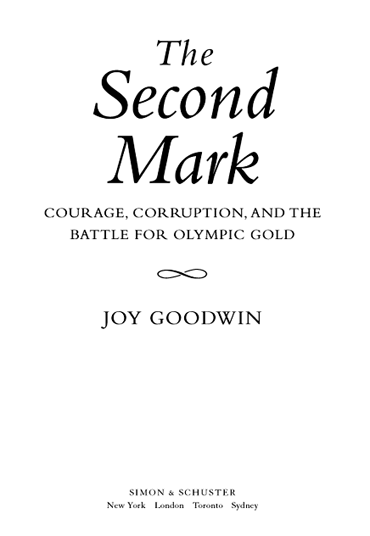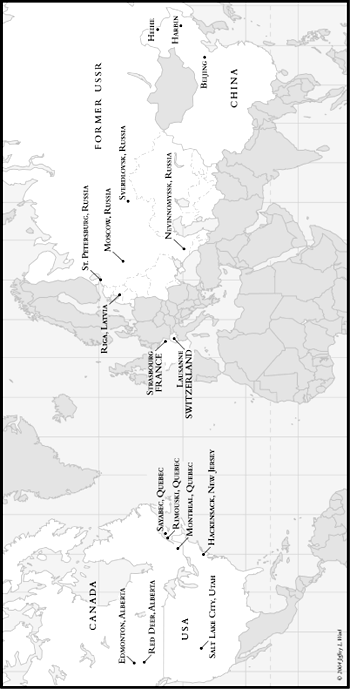Joy Goodwin - The Second Mark: Courage, Corruption, and the Battle for Olympic Gold
Here you can read online Joy Goodwin - The Second Mark: Courage, Corruption, and the Battle for Olympic Gold full text of the book (entire story) in english for free. Download pdf and epub, get meaning, cover and reviews about this ebook. year: 2010, publisher: Simon & Schuster, genre: Art. Description of the work, (preface) as well as reviews are available. Best literature library LitArk.com created for fans of good reading and offers a wide selection of genres:
Romance novel
Science fiction
Adventure
Detective
Science
History
Home and family
Prose
Art
Politics
Computer
Non-fiction
Religion
Business
Children
Humor
Choose a favorite category and find really read worthwhile books. Enjoy immersion in the world of imagination, feel the emotions of the characters or learn something new for yourself, make an fascinating discovery.

- Book:The Second Mark: Courage, Corruption, and the Battle for Olympic Gold
- Author:
- Publisher:Simon & Schuster
- Genre:
- Year:2010
- Rating:5 / 5
- Favourites:Add to favourites
- Your mark:
The Second Mark: Courage, Corruption, and the Battle for Olympic Gold: summary, description and annotation
We offer to read an annotation, description, summary or preface (depends on what the author of the book "The Second Mark: Courage, Corruption, and the Battle for Olympic Gold" wrote himself). If you haven't found the necessary information about the book — write in the comments, we will try to find it.
Representing Canada, China, and Russia, the three pairs illuminated their distinct cultures. On the second mark, whose culture would triumph? Would it be the beauty of the Russians ballet on ice, the thrill of the Chinese pairs heart-stopping acrobatics, or the Canadians passionate connection with the audience? In a down-to-the-wire nail-biter, the difference between gold and silver came down to the vote of a single judge. Hours later, a bombshell: the confession of a French judge unleashed a worldwide debate and ultimately produced an unprecedented duplicate gold medal.
The Second Mark reveals what an athlete really goes through to become the best in the world, through the riveting stories of unforgettable people. We meet Yelena Berezhnaya of Russia, who survives emergency brain surgery after a near-fatal training accident and makes it back to the Olympics in less than two years. We meet Zhao Hongbo, a young boy skating in subzero weather in remotest China, who will fulfill his coachs twenty-year dream of catching up to the West. And we meet two Canadians, a barista and a concession stand worker, who had almost quit the sport before deciding to give it one last try and becoming world champions.
Exhaustively researched by a skating insider, The Second Mark takes readers deep into the world of the Olympic athlete, illuminating the fascinating differences between East and West. From the frozen fields of China to the secret corridors of the old Soviet sports system, from a tiny farm village in remotest Quebec to the judges backstage world, The Second Mark tells the compelling human
stories behind one of the most controversial nights in Olympic history.
Joy Goodwin: author's other books
Who wrote The Second Mark: Courage, Corruption, and the Battle for Olympic Gold? Find out the surname, the name of the author of the book and a list of all author's works by series.


